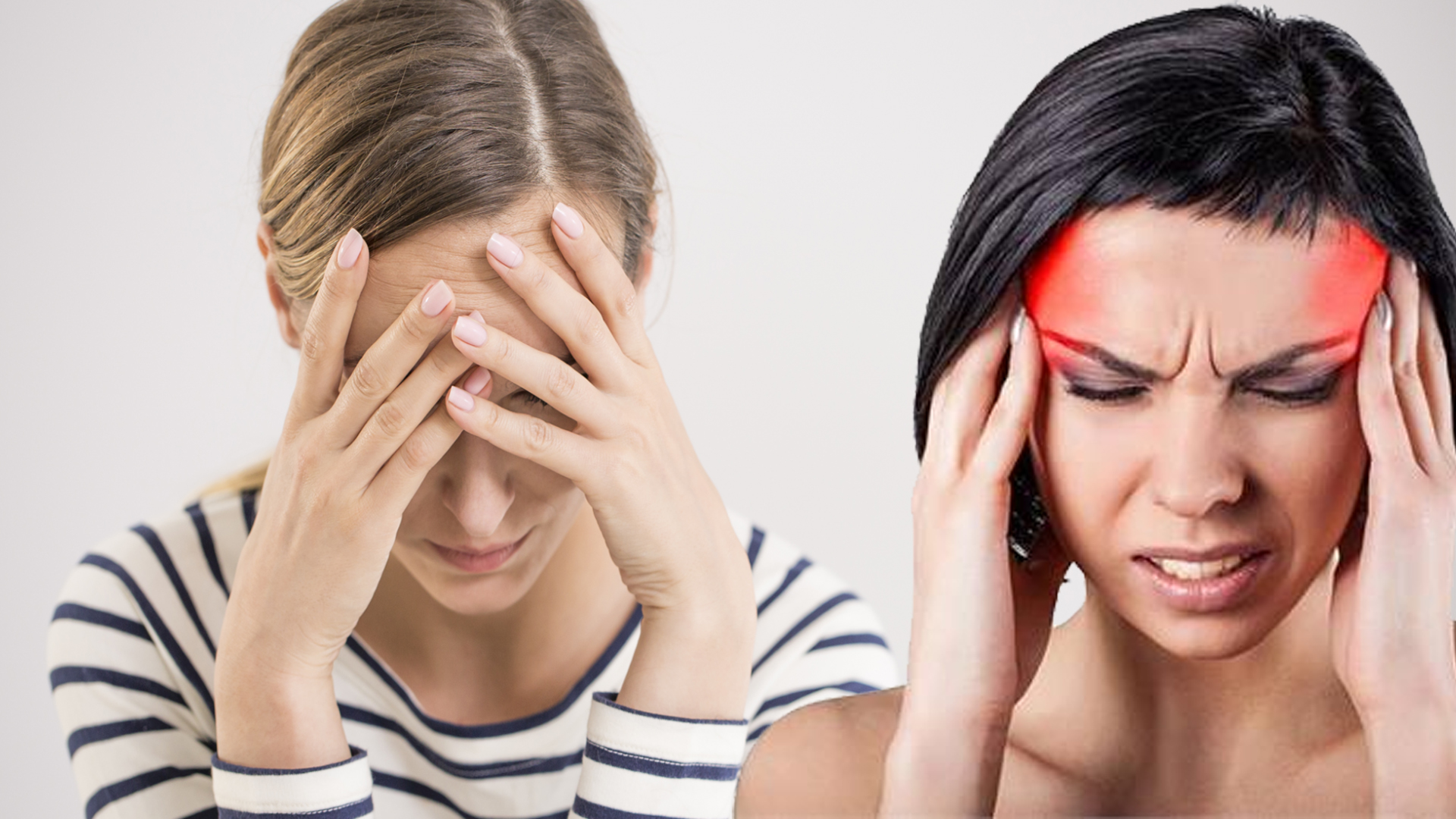Migraine is a debilitating condition involving intense pulsing head pains that can persist for several hours, or even days. They are more than just severe headaches and can be accompanied by a myriad of other symptoms like constipation, cravings, weakness in the face or body, dizziness, vomiting and extreme sensitivity to sound, smell, and light.

This condition interferes everyday life, education, work, and social activities. So, it is very important to know your own specific migraine triggers and take steps to actively avoid them. That’s one of the best ways to reduce the frequency and intensity of your migraine attacks!
Top Migraine Triggers
Alcohol
According to studies, in at least one-third of all sufferers, migraines are linked with alcohol consumption. Between 30 minutes and three hours after having a drink the symptoms might occur.
The worst offender is red wine, revealed a study. Also, migraines can be linked to drinking white wine, spirits, beer, and sparkling wine. There are a great many benefits to giving up alcohol, so don’t despair.
Food Sensitivities
Research has proven that migraines can be triggered by several foods, including dairy, grains, sugar, corn, eggs, yeast, wheat, and citrus. Intolerance or allergy to certain foods can cause migraines for sure. Studies revealed that removing trigger foods can prevent migraines from occurring.
MSG
This flavor enhancer can cause migraines in up to 15% of people. Monosodium glutamate produces a headache, according to a study published in the Journal of Headache Pain.
Caffeine
Caffeine helps the blood vessels to narrow and can cause head pain. It is a known “vasoconstrictor” and the best option is to limit your caffeine consumption. Make sure to reduce intake gradually.
Dehydration
A study revealed that the length and intensity of headache episodes decreased after participants increased their water intake. Avoiding this trigger is not that difficult. Start each day with a glass of a refreshing water and stay hydrated during the day.
Lack of Sleep
This can cause instability of serotonin and a lowering of dopamine levels. Sticking to a strict sleeping pattern is best for those with migraines.
Stress
There is a strong link between stress and migraine. Stress is a trigger for a migraine because it changes the excitability of the brain. People usually grind their teeth and clench their jaws due to stress and that increases the risk of a migraine and other types of a headache.
Skipping Meals
Both missing meals and eating sugary snacks are bad habits which can upset blood sugar balance. In order to prevent migraine attacks eat your meals according to a regular schedule. Snack on healthy foods such as nuts, fruit, and yogurts. Keep blood sugar levels stable.
